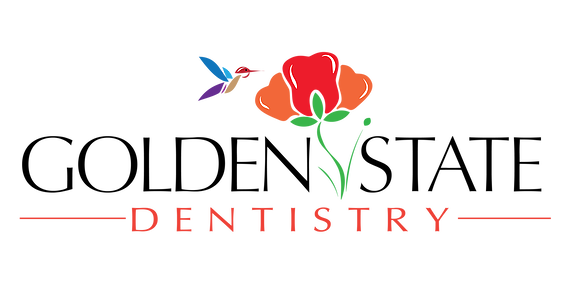 Breathing through the mouth is necessary when you are experiencing nasal congestion or during strenuous exercise. However, breathing through the mouth all the time, including when you sleep, can lead to various oral health problems. In children, mouth breathing can lead to facial deformities and crooked teeth. In adults, mouth breathing can lead to bad breath and gum disease.
Breathing through the mouth is necessary when you are experiencing nasal congestion or during strenuous exercise. However, breathing through the mouth all the time, including when you sleep, can lead to various oral health problems. In children, mouth breathing can lead to facial deformities and crooked teeth. In adults, mouth breathing can lead to bad breath and gum disease.
Causes of mouth breathing
Most cases of mouth breathing are caused by obstructed nasal airways, because of which your body resorts to your mouth as the alternate source of oxygen. The reasons your nose may be blocked can include, but are not limited to the following:
- nasal congestion due to cold, allergies, or a sinus infection
- enlarged adenoids
- enlarged tonsils
- deviated septum
- nasal polyps
- the shape of the nose
- the shape and size of the jaw
- tumors
Signs you are a mouth breather
You may not realize you are breathing through your mouth instead of your nose, especially while you sleep. However, there are certain signs you can look for that may indicate mouth breathing, such as:
- snoring
- dry mouth
- dry, cracked lips
- bad breath
- frequent cavities
- brain fog
- chronic fatigue
- large tonsils
- daytime sleepiness
- crowded teeth
Treatment of mouth breathing
The treatment of mouth breathing depends on the root cause. If the cause is allergies or a cold, nasal decongestants, anti-histamines, and prescription steroid nasal sprays can help breathing. For swollen adenoids and tonsils, removing them surgically can help treat mouth breathing. If you are mouth breathing due to sleep apnea, your doctor will likely prescribe you a face-mask appliance to wear at night called continuous positive air pressure therapy (CPAP) that helps keep the airways open while you sleep.
To minimize the negative effects of mouth breathing, it is also very important to maintain good oral hygiene by brushing thoroughly twice a day and flossing daily to remove plaque and cavity-forming bacteria. Regular check-ups with your dentist will also help catch and fix problems early on when they are small, before they become bigger, more painful, and costly.
To schedule a dental check-up, call our office at (925) 705-7093 or request an appointment online.


.jpg?width=712&name=GSD-Scalloped-Tongue-Causes-and-Treatment-Blog-01.27.2210.21.21%20(1).jpg)











.jpeg?width=425&name=GSD-How-to-Combat-Dental-Plaque-07.22.24-2%20(1).jpeg)



